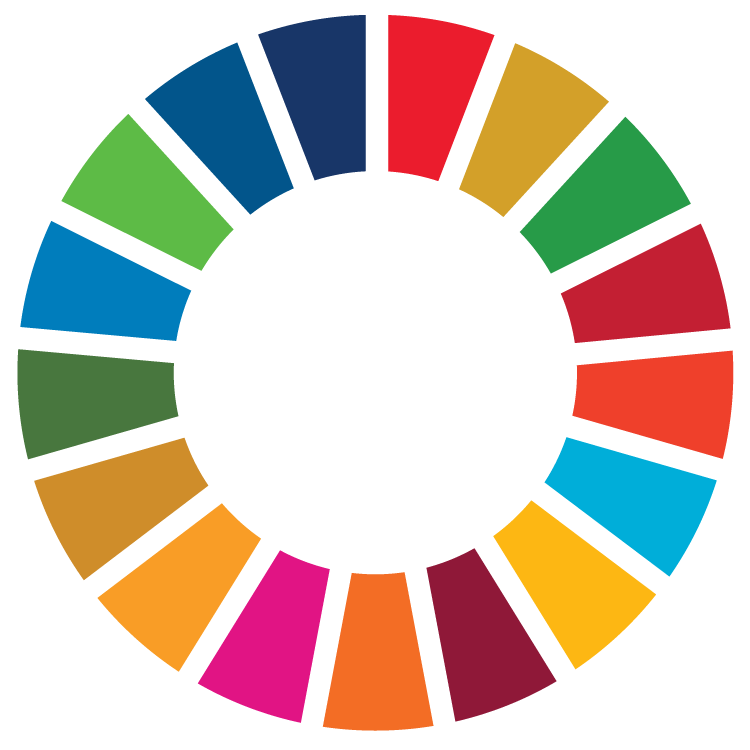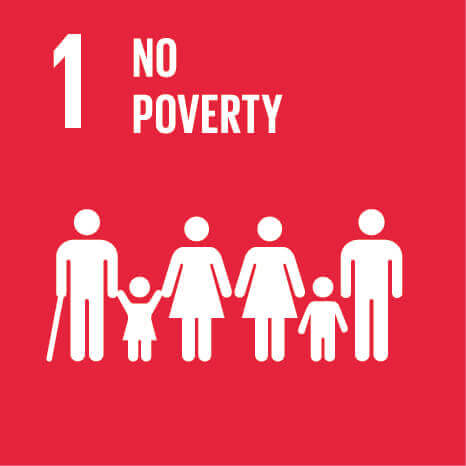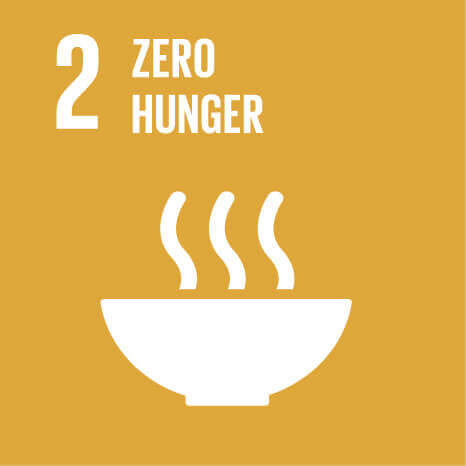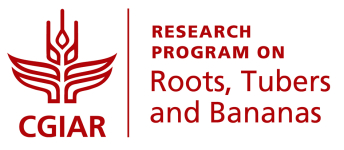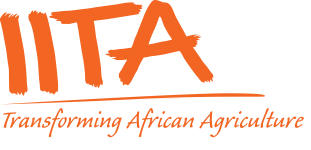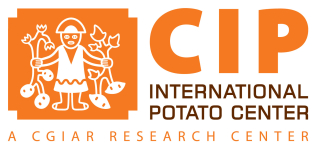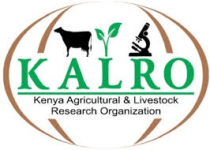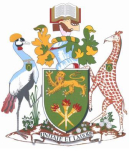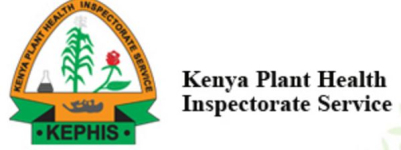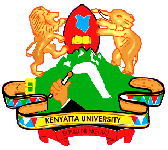Eighty-four thousand Kenyan farmers adopted climate-smart, disease-resistant potato varieties provided by the International Potato Center (CIP) and released by the government of Kenya
Published on: November 22, 2021, Submitted by Enrico Bonaiuti on: November 22, 2021
In the 1990s, the International Potato Center (CIP) and partners in Peru bred a new potato variety named Unica. In 2016, Unica was released in Kenya, where it is now grown by thousands of farmers. Other climate-smart varieties have recently been released in Kenya. The varieties thrive at mid-altitudes and are resistant to late blight and viral diseases.
Unica Farmer Kenya
The International Potato Center (CIP) bred Unica in Peru in the 1990s (1). Unica is high-yielding, drought-tolerant, high in zinc and iron, and it grows well at altitudes even below 1400 meters above sea level (2). Unica is moderately resistant to late blight and highly resistant to the potato virus X (PVX) and potato leafroll virus (PLRV). Farmers also like Unica because it yields as much as 40 tons per hectare. The variety matures quickly, in just three months, which helps it to withstand drought (3).
Unica was released in Kenya in 2016. By March 2018, 100 tons of seed were available, with 300 tons ready by October. The certified seed of Unica was distributed to thousands of farmers in Kenya (1).
In Kenya, other varieties were released in 2017: CIP398208.704 (Chulu) CIP393079.4 (Lenana) CIP393371.157 (Wanjiku), and CIP398190.200 (Nyota) (6).
In a survey of variety preference, 42% of respondents selected Unica as first choice and 27% as the second choice, although this was among new varieties. The survey did not consider older, especially Shangi (7).
Table. Purchases of cuttings by variety accumulated for six nurseries over 3 seasons of Scaling Fund project interventions in Kenya, Unica comprised 35% of combined sales (7)
|
Variety |
Phase 1 |
Phase 2 |
Phase 3 |
# Cuttings bought by farmers per variety |
|
Asante |
0% |
30% |
2% |
24,224 |
|
Shangi |
64% |
16% |
27% |
45,529 |
|
Unica |
36% |
36% |
35% |
64,416 |
|
Wanjiku |
0% |
19% |
37% |
49,449 |
|
# Cuttings bought by farmers per season |
13,020 |
75,366 |
95,232 |
183,618 |
Phase 1: May-November 2019
Phase 2: December 2019-July 2020
Data from the AVCD USAID project shows that supported farmers always bought Unica, and few bought Shangi (7).
In Taita Taita, 18 cooperative members purchased 1.4 tonnes (28, 50-kg bags) of certified seed, mostly Unica, and some Sherekea. KCSAP of Taita Taveta supported 16 farmer groups to buy 33 tons of certified seed: Unica and Sherekea. In Bungoma, 20 KWESTO cooperative members bought 4.75 tons of certified seed (30% Unica, 26% Shangi). In Bungoma, KWESTO cooperative received 13 tons of basic seed for certified production (33% Unica and 49% Shangi) (7).
Acknowledgement
This research was undertaken as part of, and funded by, the CGIAR Research Program on Roots, Tubes and Bananas (RTB) and supported by CGIAR Trust Fund contributors.
